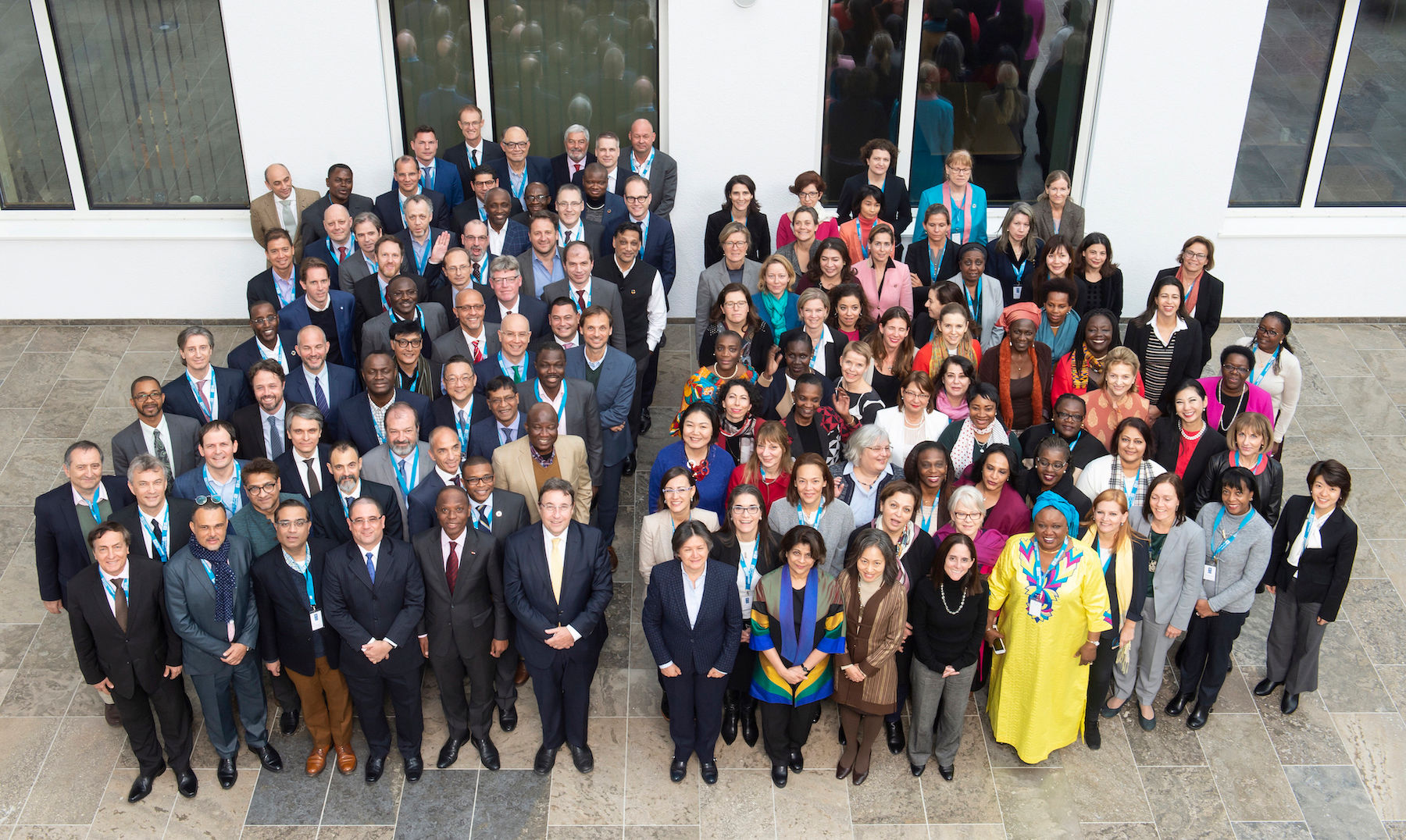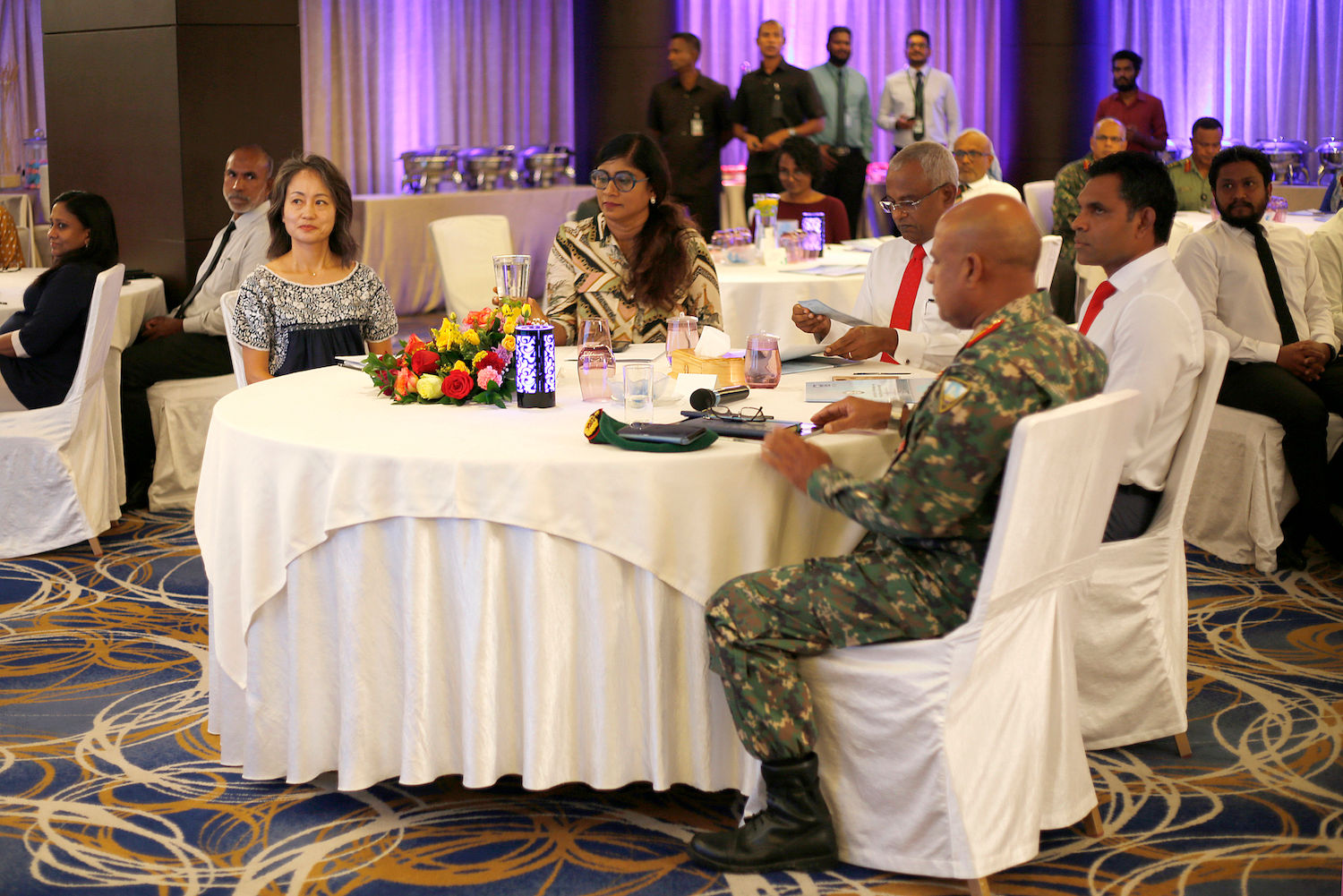50-50/Think Equal
Op-ed by UN Resident Coordinator Shoko Noda for International Women’s Day 2019.

08 Mar 2019, 09:00
Shoko Noda
“I want to be a defense minister!” said one young girl confidently as she raised her hand. I was meeting students from Aminiya School to talk about my journey as a female leader to mark International Women’s Day in 2016, and had asked them what they wanted to be when they grew up. At her age, I would have never thought about becoming a defense minister.
Three years later, I was reminded of the girl when Maldives appointed its first female defense minister, and its 32 percent female cabinet. This was a historic moment for the country, and an important lesson for the rest of the world. Data shows that only 10 countries have achieved between 30 to 35 percent female representation in ministerial positions, and currently only Bangladesh and India have a female defense minister in the region. I wonder if this appointment has further encouraged that young girl to pursue her career ambitions.

The Maldives’s 2016 Household and Income Survey shows that out of all employed at managerial and decision making level, only 19.5 percent are women. This gap widens further when we look at the political sphere with a mere six percent at the local council and five percent the parliamentary level. Even after two electoral cycles this percentage hasn’t changed significantly.
Become a member
Get full access to our archive and personalise your experience.
Already a member?
Discussion
No comments yet. Be the first to share your thoughts!
No comments yet. Be the first to join the conversation!
Join the Conversation
Sign in to share your thoughts under an alias and take part in the discussion. Independent journalism thrives on open, respectful debate — your voice matters.




